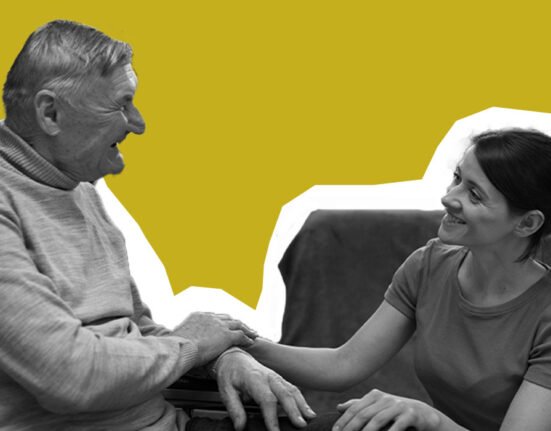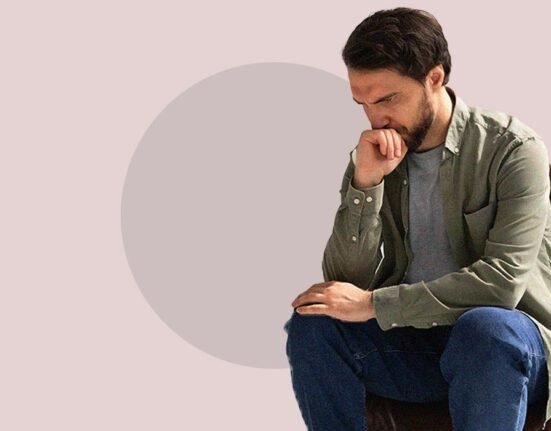In August 2014 I conducted a seminar on Alcohol and Drug Addiction in Govt. Sec. School in Punjab. It was a good seminar because the students of the school actively participated in the seminar. In a seminar, one of the students recited a poem written by him with the lines – Punj (Five) and Aab (Water) – Punjab, a land of five rivers, a healthy and prosperous state, but unfortunately, the Sixth River – the River of Addiction has started flowing in the state. The poem is not true only for Punjab but for the whole Nation! The situation is alarming; In fact, it’s a dire need of the hour to understand ‘Addiction – the Secrets of Addiction.’ Technically, addiction means fulfilment of at least three of the following criteria:
Addiction is a search for the level of ‘high feeling’ which an individual had when he/she used the addictive substance for the very first time. To reach that level of high feeling people keep on increasing the dose, the number of pegs or they may shift from one substance to another and this is how they come into the contact of other types of addictive substances. Over time, there is a tendency which is developed and forcing the individual to increase the use of alcohol or drugs, in order to get the desired effect which is termed as Tolerance for the substance. If they don’t get that addictive substance, they start experiencing anxiety, irritation, trembling hands, perspiration, nausea, vomiting, etc. known as the Withdrawal symptoms, which leads the individual to consume more addictive substance than one wants/likes to, which is normally followed by regret (loss of control).
I remember very clearly about a patient who was a Tehsildar and got a suspension from his job because due to his problem of addiction he was consistently absent from the office. Another patient told me that his wife and kids never wanted him to accompany them in any function due to his problem of addiction. He used to consume the addictive substance even if it leads to postponing the work or curtailing down the social domain. One more patient told that “Sir, I was on my way to home with the heroin dose but somehow the policeman caught me and charged me for drug peddling.”
I clearly remember one of my patients who used to travel a distance of 25 kilometres from his place to a railway track (not platform) where the train usually run at a slower pace. He had to a fixed time with the supplier and start from his place very early to reach there on time and from that train, running at a slower pace, he had to collect the substance from the supplier, give/pay him the amount. People who are into addiction think a lot about how to procure the drugs/alcohol, spend a huge amount of time to think about planning, concealing, using, recovering from its effect and making schemes to use. The same patient I just was talking about; once told me that: “Sir, when a person has the craving for the substance, he/she may eat human excreta if he/she is told that it can give that intoxicated high feeling or that pleasure!!” I was a bit doubtful about this and discussed this issue with other patient and he told me another surprising story; he said: “Sir, when I had to conceal the cocaine, because my parents were aware of every place where I used to hide it, I had to put it in a small polyethene pouch, seal it properly and put in my anus. So, whenever I craved for it, I could get it out, use the drug and could put it there again! So, if I could do that sort of thing; then, one can happily eat human excreta if he/she is told that it could make you feel high.” Further, he said, ‘they have to plan everything like: what excuse they would be giving to their parents when they will be leaving the house, how would they do money arrangements, etc.
Furthermore, addicted people unsuccessfully try to reduce the amount they take many times. “Sir, to get rid of this problem, I used to set a time when I would take it, for say, at 7 P. M.; but it didn’t work. So, I tried some other substance for avoiding the substance to which I was previously addicted to. Certainly, I couldn’t get rid of it but developed a taste for the other one too!!” One patient told that “I thought of taking the substance outside somewhere but that too was in vain.”
Let’s not discuss the types of addictive substances as that can be used as a source of information for those who are starting or thinking to do such experiment with their life but I can simplify and clarify; for an instance; it’s like as using different soaps for example – Lux, Dove, Body Cleanser, Scrub Bar, etc. All soaps have a common task of cleansing, moisturising, etc. but people have different choices as per their likeness, necessity and initial first interaction in the childhood with soaps. Similarly, all other addictive substances have common goals i.e., making an individual feel high by affecting certain areas of the brain and releasing certain neurochemicals.
Basically, addiction is a family disorder because it’s not only the patient who suffers but the whole family due to financial losses, interpersonal issues within the family, also the spouse is overburdened. Crime and many psychological disorders are by-product of all the aforementioned issues. It is generally believed that treatment and recovery start with the patient entering the clinic but that’s not true. Even the circumstances in which the patient enters into the clinic can affect the treatment and recovery, for example: some are willing to get treated while some are reluctant, some are brought in overdosed condition and by the time they gain their consciousness; the medical treatment would have already been started (this is not ethically sound but the family members are so much disturbed with the problem that they have to take such a difficult and harsh step). It’s important to psychoeducate and counsel the family members of the patients which in turn, will help the patient as well as the family members in a longer run.
Firstly, the willingness of the patient to come out of the problem works the best but that’s uncertain! Counselling, medicine, family support are some of the factors which can ooze willingness in the patient to get well. During rehabilitation, patients face many psychological problems such as mood swings, anxiety, emptiness, irritation, anger, sudden awareness about family and personal responsibilities, etc. as well as physiological problems like a running nose, watery eyes, various kinds of aches which otherwise were subsidized due to intoxication and acne, sleeplessness, loss of appetite, etc. The treatment protocol, complete abstinence or gradual reduction is important but the willingness of the patient, the quality of counselling and rehabilitation care, and duration of rehabilitation. A longer duration along with other mentioned aspects will give a better recovery. During the recovery process a patient might slip out of treatment, may use the addictive substance or crave for it. This is nothing abnormal but actually, this is a part of recovery. One of my patients says that, “Now, after 7 years of recovery, I am leading a normal life, I am so much engrossed in my professional, personal as well as family life that I have forgot that I was into addiction at a point of time, though I learned a lot from rehabilitation to lead this normal life.” Another patient says that “a kind of comfort zone is important for recovery”. Comfort zone means being with someone, whom the patient considers more skilled and trustworthy to share his/her problems related to recovery, cravings or other life issues that can ultimately lead to relapse; it can be anyone ranging from counsellor, spouse, friend, mother/father, narcotic anonyms/ alcoholic anonyms, etc.












Leave feedback about this